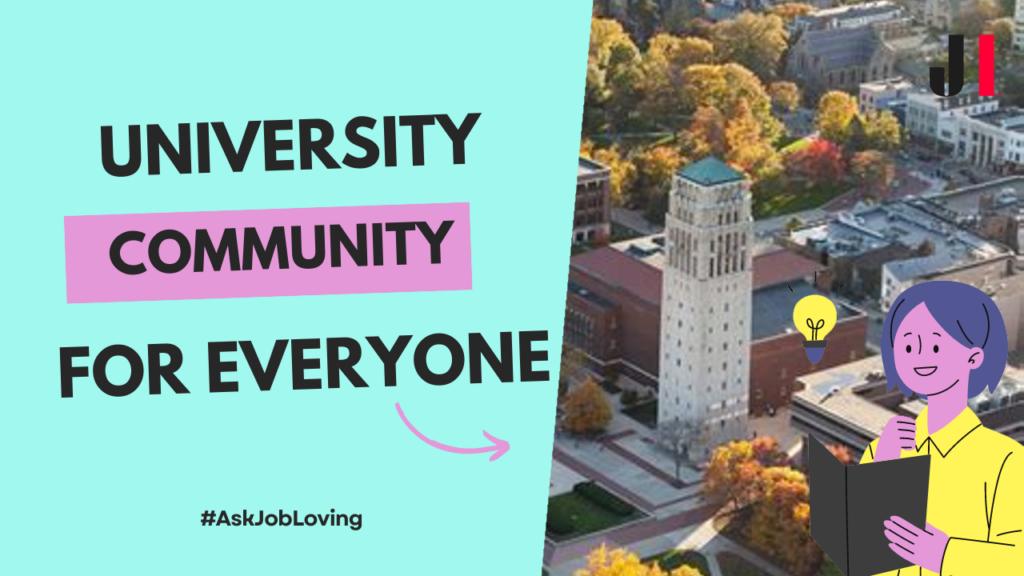Do Taxes Matter at the University of Michigan?
The University of Michigan (UMich) stands as one of the premier public universities in the nation, serving thousands of students and contributing significantly to the local economy. However, an often-discussed topic is whether or not taxes matter in the context of this institution. Simply put, yes, taxes do matter, but the implications are a bit more complicated than one might think.
The Tax Exemption Dilemma
One of the major points of debate is that UMich owns a substantial amount of land and property in Ann Arbor, and as a non-profit educational institution, it pays zero property taxes. This has understandably drawn some ire from local residents who face high property taxes. The university’s tax-exempt status means that millions of dollars in potential tax revenue are not collected, leading some to argue that this tax break burdens the local taxpayers. After all, ideally, everyone should share in the tax load, right?
However, it’s important to highlight that UMich is partially funded by tax dollars. That means public funds also support it—so while it doesn’t pay property taxes directly, there is a financial relationship between the university and taxpayers. This dual status brings about contrasting opinions: some believe that as a public university benefiting from tax dollars, it should contribute back in some form—like paying property taxes—while others argue that its presence elevates the community and economy enough to counterbalance this absence.
Community Reflection Through Education
Advocates for UMich often say that universities like it embody their communities. They argue it enriches city life and bolsters economic activity through jobs and services which could justify some level of tax immunity. Just like how USC reflects California or Texas A&M embodies Texas culture, UMich can be seen as a representation of Michigan and its ideals. The school isn’t just a place for academic pursuit; it’s part of a holistic community ecosystem.
Moreover, discussions around taxes extend into academic funding debates. For instance, programs like “free tuition for in-state students whose families make less than $65k” reflect both state investment in higher education and how private funding sources can bolster public offerings. This balance between local financial support and state-level budgeting raises questions about equitable access to education.
Conclusion: The Tax Conversation Continues
In summary, yes, taxes do matter at the University of Michigan, sparking ongoing discussions about equity, community welfare, and educational accessibility. As these conversations evolve in light of changing economic conditions and community needs, one thing remains clear: a rich dialogue about taxation’s role in supporting education will continue to be relevant for years to come.
If you want to dive deeper into the implications of taxation at the University of Michigan or get answers to any other related queries, feel free to connect with us at JobLoving community!

